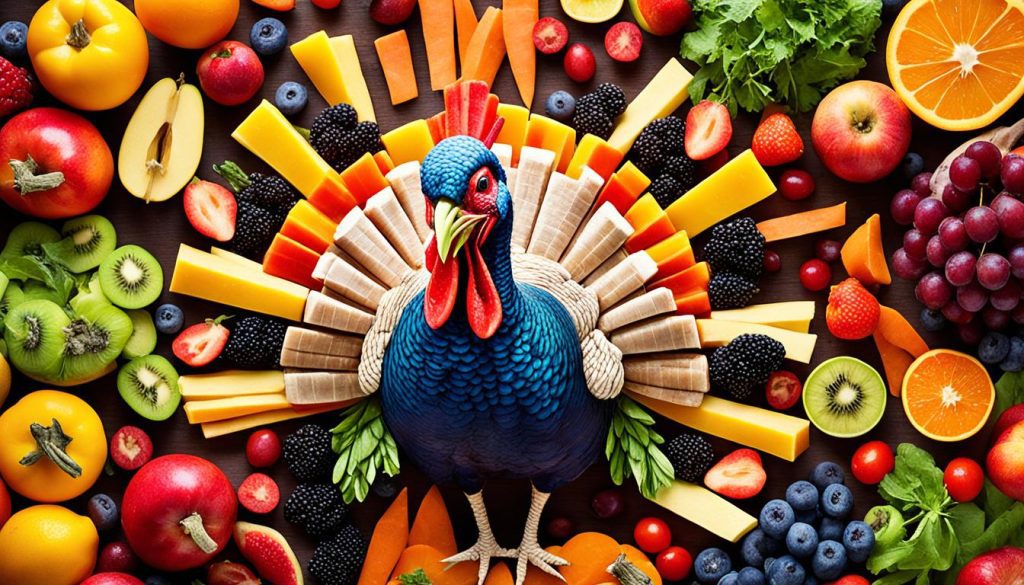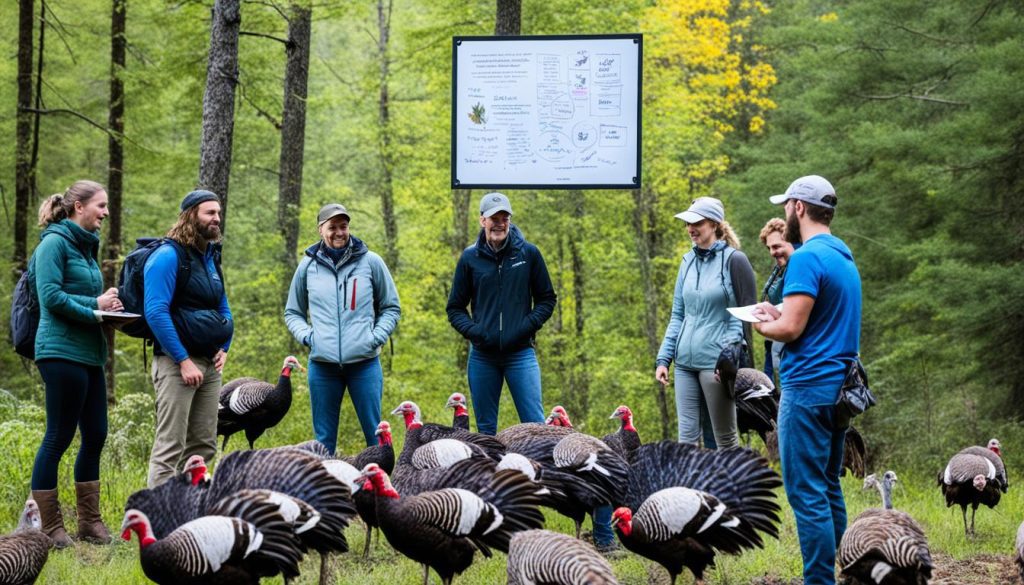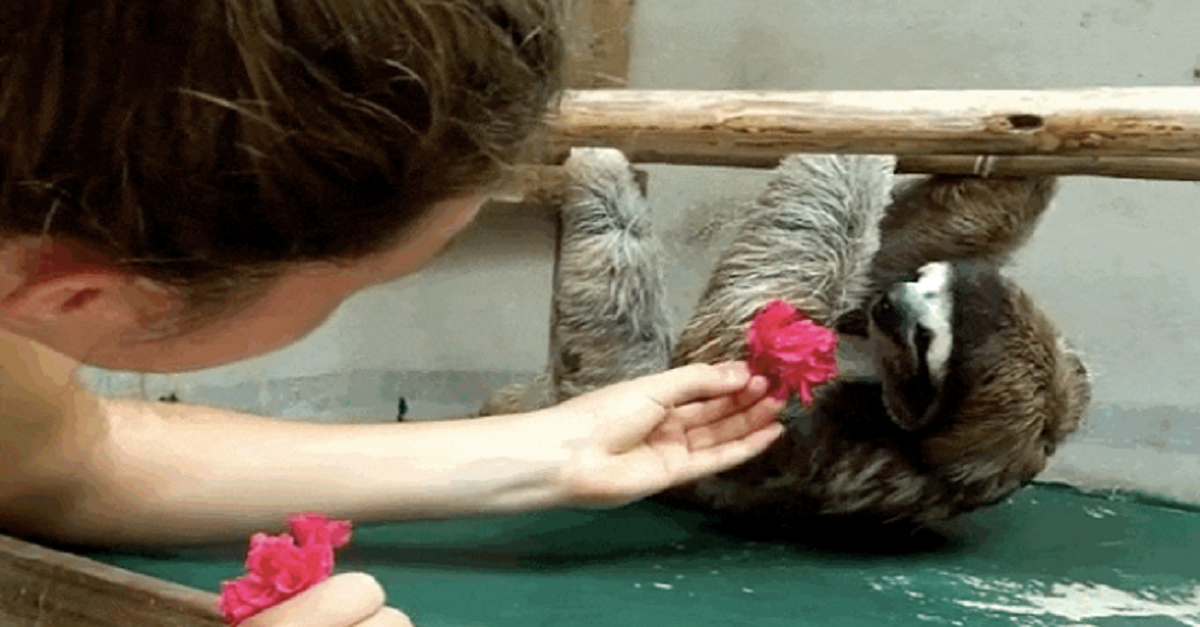Hi there! Are you curious about what turkeys eat? Well, you’ve come to the right place. In this article, we’re going to explore the fascinating world of turkey diet and uncover what these magnificent birds prefer to feast on.
Turkeys have a diverse range of dietary preferences depending on whether they are wild or farm turkeys. Wild turkeys are skilled foragers and will happily devour a variety of foods they find in nature. On the other hand, farm turkeys rely on humans to provide their meals. Let’s dive in and discover more about their feeding habits, nutritional needs, and the best diet for these fascinating creatures.
What Do Turkey Eat
- Wild turkeys have a natural diet that includes seeds, insects, berries, and plants.
- Farm turkeys are given a mix of grains, vitamins, and minerals as part of their diet.
- A balanced turkey diet should include protein, fats, carbohydrates, vitamins, and minerals.
- It’s important to avoid feeding turkeys foods that are moldy, spoiled, or toxic to their health.
- Turkey population growth has implications for other organisms and ecosystems, and its management is crucial for its sustainability.
What Do Wild Turkeys Eat?
Wild turkeys have diverse and adaptable palates, making them non-picky eaters. They happily consume a wide range of foods that they come across in their natural habitats.
When it comes to their diet, wild turkeys have their favorite food preferences. Some of these include:
- Acorns
- Insects
- Berries
- Plants
- Grains
Wild turkeys possess remarkable foraging skills. They use their feet to scratch the ground, effortlessly uncovering hidden snacks. This feeding habit allows them to find and enjoy a varied diet, ensuring they receive a mix of necessary nutrients.
By devouring a combination of acorns, insects, berries, plants, and grains, wild turkeys maintain a diverse and nutritionally balanced diet.
What Do Farm Turkeys Eat?
Farm turkeys have distinct dietary preferences and rely on humans to provide them with the necessary nourishment to thrive. The diet of farm turkeys primarily consists of a carefully curated mix of grains, vitamins, and minerals commonly known as turkey feed. This specialized feed ensures that the turkeys receive the essential nutrients required for their overall health and well-being.
In addition to turkey feed, farm turkeys also consume other key food sources. One of the important components of their diet is corn, which serves as a significant carbohydrate source. Soybeans, known for their high protein content, play a crucial role in meeting the turkeys’ dietary requirements for protein.
Farmers also occasionally supplement the turkeys’ diet with leftover vegetables, providing them with additional nutrients and variety. These vegetables are carefully selected to ensure they are safe and beneficial for the turkeys’ consumption.
Farm turkeys are dependent on their human caretakers, who take responsibility for providing them with a balanced and nutritious diet. Through a combination of turkey feed, corn, soybeans, and occasional vegetable treats, farmers ensure that farm turkeys receive the necessary sustenance to thrive in a controlled environment.
The Importance of a Balanced Diet
A balanced diet is essential for farm turkeys to maintain optimal health, growth, and development. A well-rounded diet ensures that the turkeys receive adequate amounts of protein, fats, carbohydrates, vitamins, and minerals.
Protein is crucial for the growth and repair of body tissues, while fats provide a concentrated source of energy. Carbohydrates are a primary energy source for the turkeys, enabling them to engage in various activities and maintain their bodily functions.
Vitamins and minerals play vital roles in supporting the turkeys’ overall health and physiological well-being. These essential nutrients are necessary for a range of functions, including immune system function, bone development, and reproduction. By providing farm turkeys with a balanced diet, farmers ensure that the turkeys have all the necessary nutrients to thrive.
- Protein
- Fats
- Carbohydrates
- Vitamins
- Minerals
A Balanced Turkey Diet
Just like humans, turkeys need a balanced diet to be healthy. Providing them with the right nutritional needs is essential for their overall well-being. A balanced turkey diet consists of a combination of protein, fats, carbohydrates, vitamins, and minerals.
Turkeys require adequate protein in their diet to support muscle development and growth. Good sources of protein for turkeys include insects, seeds, and plant-based foods.
Fats are also an important component of a turkey’s diet. They provide essential energy and help with the absorption of certain vitamins. Turkeys can obtain fats from nuts, seeds, and oily fish.
Carbohydrates are necessary to provide turkeys with energy. They can get carbohydrates from foods like grains, fruits, and vegetables.
Vitamins and minerals play a crucial role in maintaining a turkey’s overall health. They contribute to the proper functioning of internal systems and support the immune system. Turkeys can obtain these essential nutrients from a variety of foods, including leafy greens, fruits, and grains.
Having a balanced diet ensures that turkeys can grow, develop, and engage in normal activities like playing and exploring. It is important to provide turkeys with a varied diet that meets their nutritional needs and promotes their well-being.
Turkey Treats and No-No Foods
When it comes to treating turkeys, there are several options that can add variety to their diet. Turkeys enjoy indulging in special treats, such as fresh fruits like apples, grapes, and melons. These juicy treats provide a burst of flavor and natural sweetness that turkeys find irresistible.
In addition to fruits, turkeys also relish vegetables like carrots, lettuce, and cucumbers. These crunchy and nutritious veggies not only provide a healthy snack but also contribute to their overall well-being.
However, it’s important to be aware of foods that should be avoided when it comes to feeding turkeys. Moldy or spoiled food can be harmful to their health and digestion, so it’s crucial to remove any potential dangers from their feeding area.
Furthermore, certain human foods can be toxic to turkeys and should never be fed to them. One such example is chocolate, which contains theobromine, a compound that is toxic to turkeys. Onions are another food to steer clear from, as they can cause anemia in these birds.
Before offering any treats to turkeys, it’s always best to consult with an adult or a knowledgeable farmer. They can provide guidance on what foods are safe and suitable for turkeys, ensuring their well-being and enjoyment.

Treats for Turkeys:
- Apples
- Grapes
- Melons
- Carrots
- Lettuce
- Cucumbers
Foods to Avoid Feeding Turkeys:
- Moldy or spoiled food
- Chocolate
- Onions
Turkey Population and Diet
Turkey populations in the United States have seen an upward trend in recent years. This can be attributed to various factors such as habitat conservation efforts, reduced hunting pressure, and improved food availability. The ability of turkeys to adapt to different habitats and their versatile diet have played a significant role in their population growth.
One of the key factors regulating Turkey population growth is food availability. Turkeys have a diverse diet that includes seeds, fruits, insects, and vegetation. This allows them to find food resources even in challenging conditions, ensuring their survival and reproduction. Additionally, turkeys have shown resilience against diseases and predation, further contributing to their population numbers.
However, the increasing population of turkeys also raises concerns about its impact on ecosystems. As turkeys expand their range and population, they compete with other native wildlife for limited food resources. This competition may disrupt the natural balance of the ecosystem and affect the survival and reproduction of other species.
While turkeys have a positive influence on seed dispersal and plant regeneration, their population growth needs to be carefully managed to mitigate any negative impacts. Wildlife managers and conservationists continue to study the relationship between turkey populations and ecosystems to better understand the potential consequences and develop effective management strategies.
Factors Regulating Turkey Population
- Food availability
- Disease resistance
- Predation
- Environmental conditions
These factors interact and influence the population dynamics of turkeys. Understanding their interplay can help guide conservation efforts and ensure the sustainable growth of turkey populations while preserving the overall health of ecosystems.
Peak Turkey and Future Considerations
As turkey populations continue to grow, there may reach a point of “Peak Turkey” where growth levels off. This occurs when the population reaches its maximum size given the available resources and environmental conditions. Factors such as nest predation and limited nesting habitat can regulate turkey populations and contribute to reaching this peak.
To ensure the stability of turkey populations and minimize any negative impacts on other species or ecosystems, it is crucial for wildlife managers to monitor and manage turkey populations effectively. By understanding the factors that limit turkey population growth, managers can implement strategies that promote sustainable turkey populations.
Managing turkey populations involves maintaining suitable nesting habitat, controlling nest predators, and implementing hunting regulations to prevent overharvesting. Additionally, promoting habitat conservation and addressing the impacts of habitat loss and fragmentation are essential for the long-term viability of turkey populations.
By actively managing turkey populations, wildlife managers can strive for a balance that allows turkeys to thrive while also maintaining the integrity of the surrounding ecosystem. This approach ensures the continued enjoyment of turkey populations for future generations and contributes to the overall health and biodiversity of the environment.

Conclusion
Turkeys have a versatile diet, allowing them to adapt easily to different environments. Understanding their feeding habits and nutritional needs is vital in ensuring they receive a balanced diet.
As turkey populations continue to grow, it is crucial to manage them effectively to ensure their sustainability and minimize any negative impacts on the ecosystem. By monitoring and regulating the turkey populations, wildlife managers can help maintain their stability and prevent overpopulation.
Further research is needed to fully comprehend the consequences of increasing turkey populations on other species and their habitats. This research will aid in implementing appropriate measures to manage turkey populations and preserve the delicate balance of our ecosystems.






